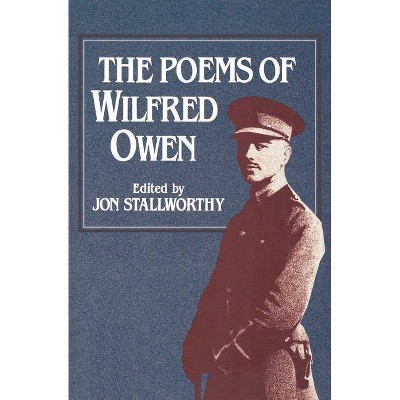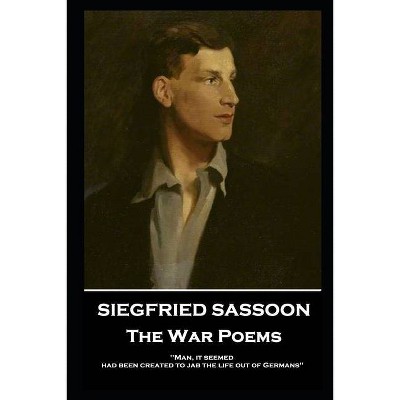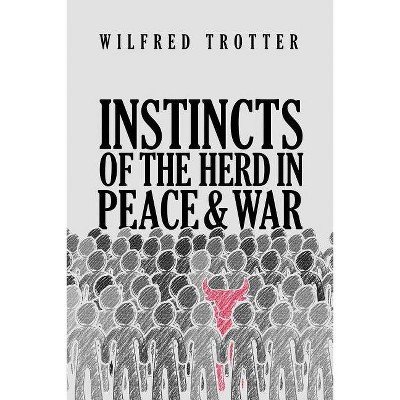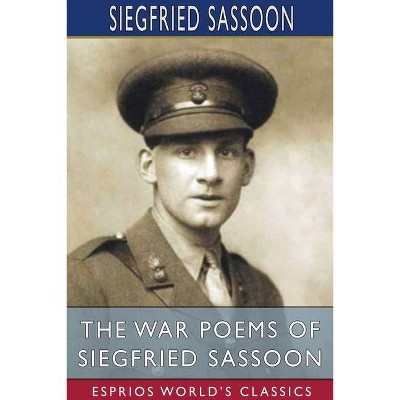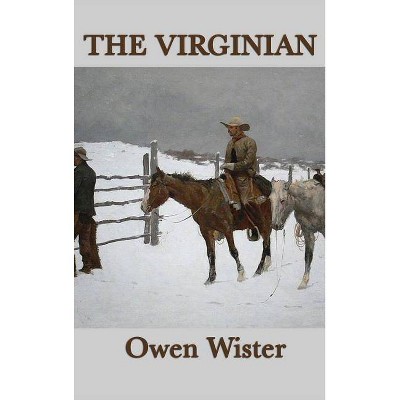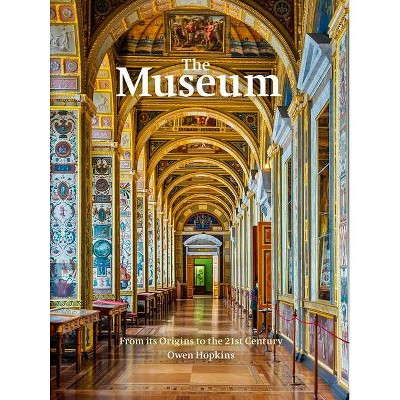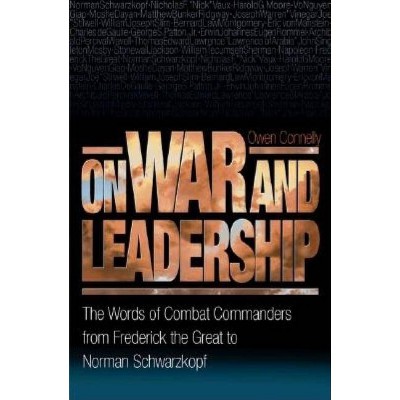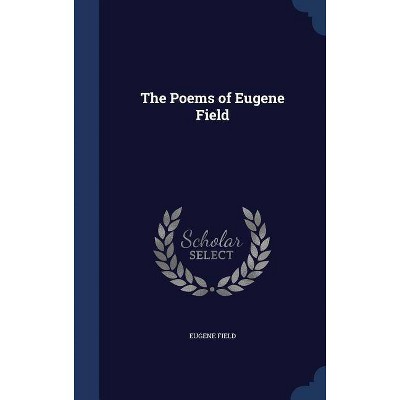The War Poems of Wilfred Owen - (Hardcover)
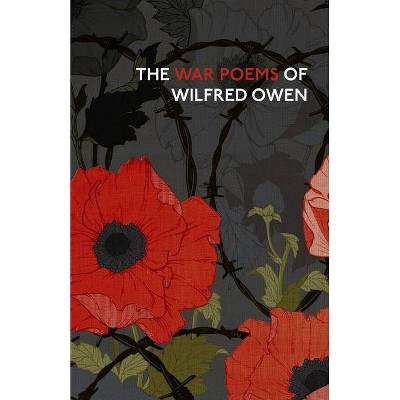
Similar Products
Products of same category from the store
AllProduct info
<p/><br></br><p><b> Book Synopsis </b></p></br></br>'Orpheus, the pagan saint of poets, went through hell and came back singing. In twentieth-century mythology, the singer wears a steel helmet and makes his descent down some profound dull tunnel in the stinking mud of the Western Front. For most readers of English poetry, the face under that helmet is that of Wilfred Owen.' Professor Jon Stallworthy, from his Introduction. <p/>When Wilfred Owen was killed in the days before the Armistice in 1918, he left behind a shattering, truthful and indelible record of a soldier's experience of the First World War. His greatest war poetry has been collected, edited and introduced here by Professor Jon Stallworthy. This special edition is published to commemorate the end of the hellish war that Owen, though the hard-won truth and terrible beauty of his poetry, has taught us never to forget.<p/><br></br><p><b> Review Quotes </b></p></br></br><br>"For me, he is the greatest of all the war poets.... it is Owen's intense respect for the soldier that makes his poetry so powerful. Those who did not return have their meticulously maintained stone memorials on the fields of Flanders. But their memorial in our minds is largely built by Wilfred Owen." --<i>Spectator</i><br><p/><br></br><p><b> About the Author </b></p></br></br><b>Wilfred Owen</b> was born in Oswestry, a Shropshire town close to the Welsh border, on 18 March 1893. Intended first for the church, Owen finally decided at the age of 20 that literature meant more to him than evangelical religion. He was working as a tutor in France when Germany invaded Belgium and war was declared in 1914. Owen enlisted a year later, was commissioned into the 5th (Reserve) Battalion, Manchester Regiment in 1916, and crossed to France at the end of that year. By mid-1917 he was diagnosed as suffering from shellshock, and was invalided back to Craiglockhart War Hospital in Scotland, where he met Siegfried Sassoon. He wrote some of his most powerful war poetry at the start of 1918 before he was declared fit to return to France. Owen was awarded the Military Cross for his service in the last British assaults on the German line, but he did not live to wear it or to see in print most of the poems that would make his name. In the early morning of 4th November 1918, his platoon was caught in heavy fire and Wilfred Owen was killed, only seven days before peace was declared. <p/>Jon Stallworthy, born in 1935, is Professor of English at the University of Oxford. He is also a Fellow of Wolfson College, a poet, and literary critic. His works include seven volumes of poetry, and biographies of Wilfred Owen and Louis MacNeice. He has edited several anthologies and is particularly known for his work on war poetry.
Price History
Cheapest price in the interval: 16.29 on October 22, 2021
Most expensive price in the interval: 16.29 on November 8, 2021
Price Archive shows prices from various stores, lets you see history and find the cheapest. There is no actual sale on the website. For all support, inquiry and suggestion messagescommunication@pricearchive.us
